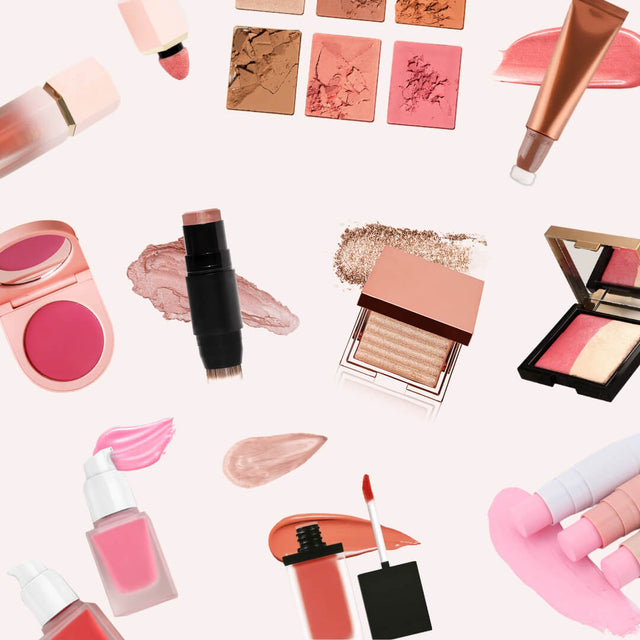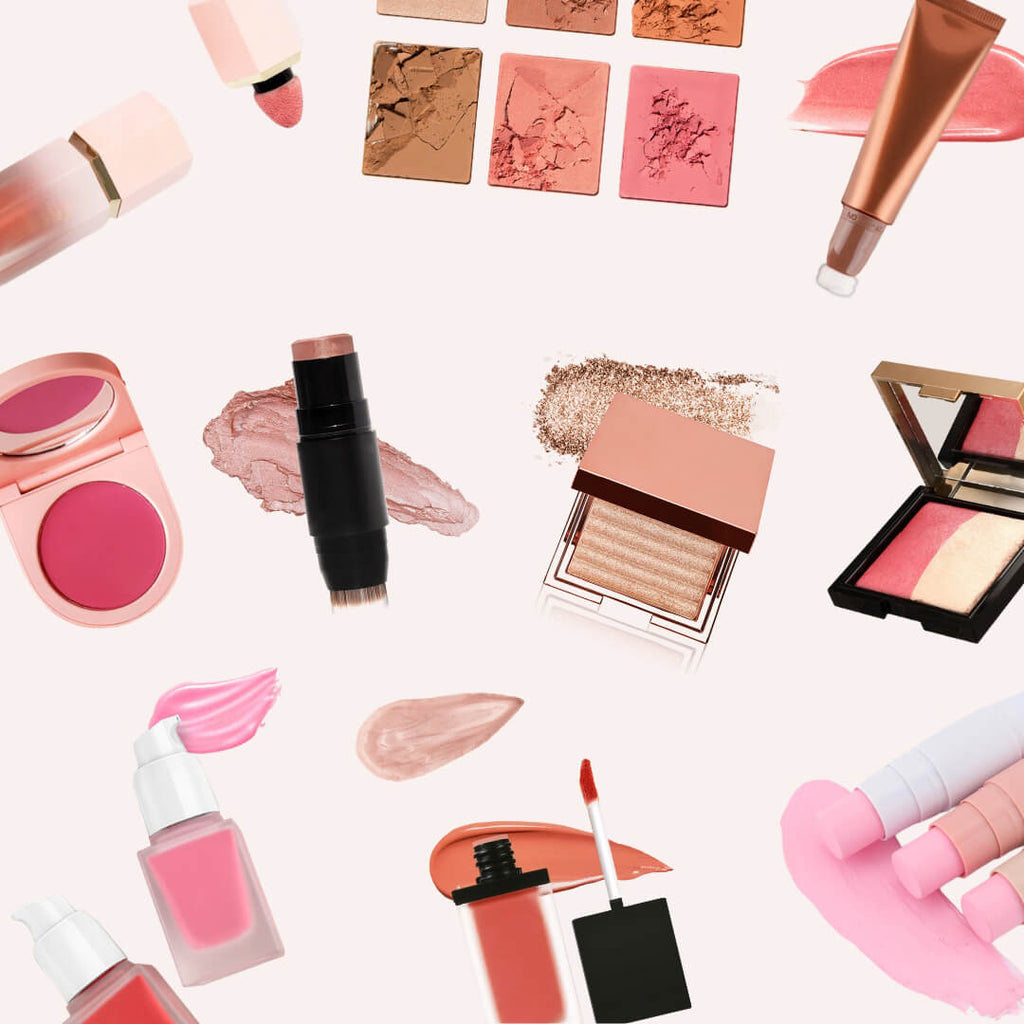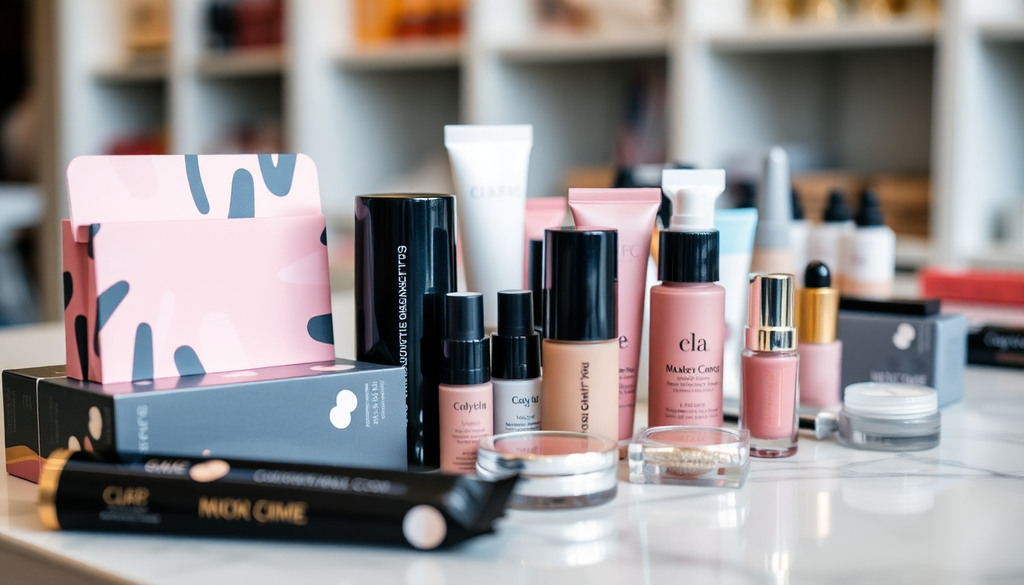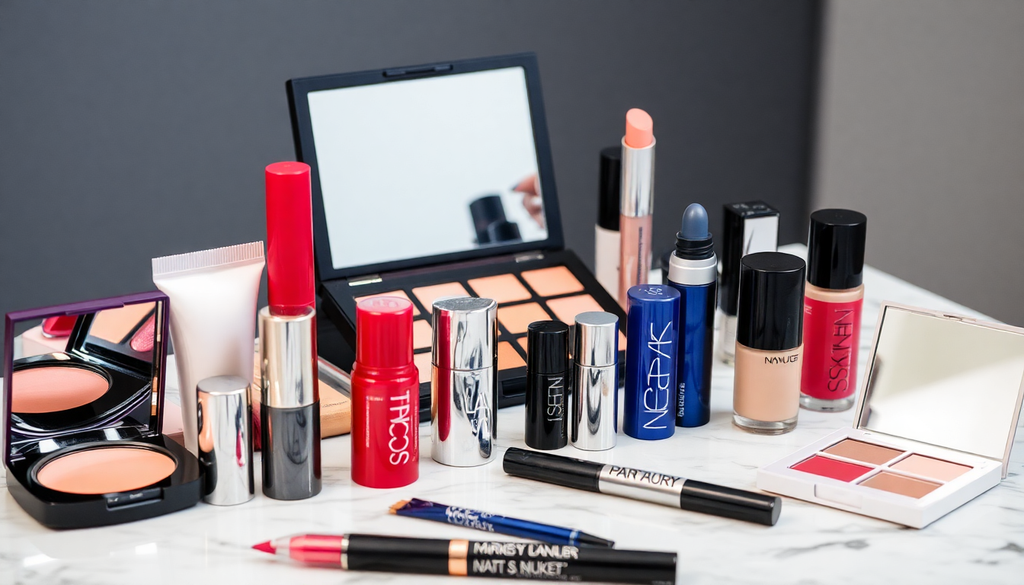
Ultimate Guide to Launching Your Private Label Makeup Brand: From Lipstick to Magnetic Lashes with No Minimum Orders
Introduction
Starting your own private label makeup brand can be an exciting venture! With the rise of e-commerce and the beauty industry booming, now is the perfect time to dive in. This comprehensive guide will walk you through everything you need to know, from understanding cosmetics labeling to marketing your brand effectively. Whether you’re a beauty enthusiast or a savvy entrepreneur, this guide will equip you with the knowledge to succeed.
Choosing Your Niche
Before diving into product development, it’s crucial to identify your niche. The beauty industry is vast, and focusing on a specific segment can help you stand out in a saturated market. Here are some popular niches to consider:
- Lipstick: With countless shades and finishes, creating a unique lipstick line can attract a wide audience.
- Magnetic Lashes: The demand for easy-to-apply, reusable lashes is on the rise.
- Eyeshadows: Offering customizable palettes or unique color stories can appeal to makeup lovers.
- Makeup Brushes: High-quality brushes are essential for any makeup application and can complement your product line.
- Vegan and Cruelty-Free Options: There is a growing market for ethical beauty products, and positioning your brand in this niche can attract conscious consumers.
Choosing the right niche will help you craft a targeted marketing strategy and connect with your audience on a deeper level.
Understanding Cosmetics Labelling
Cosmetics labelling is a critical aspect that varies from country to country. Here are some key points to consider when preparing your labels:
- Ingredients List: Make sure to provide a full list of ingredients in descending order of predominance. This is not just a legal requirement; it also builds trust with your customers.
- Product Claims: Ensure that any claims about your products (e.g., 'long-lasting', 'hydrating', or 'suitable for sensitive skin') are backed by evidence. Misleading claims can lead to customer dissatisfaction and damage your reputation.
- Usage Instructions: Provide clear instructions on how to use your products. This can enhance customer experience and reduce returns.
- Allergen Warnings: Include information about common allergens to safeguard your customers’ health.
- Expiration Dates: If applicable, include expiration dates or a 'best before' date to ensure product safety.
Familiarize yourself with the regulations in your target market to avoid compliance issues and potential fines.
Import Policies and Certifications
When launching a private label makeup brand, you must be aware of import policies and necessary certifications:
- FDA Regulations (USA): Ensure that your products comply with the Food and Drug Administration's regulations for cosmetics. This includes safety testing and proper labelling.
- Cosmetic Regulation (EU): Be aware of the EU Cosmetics Regulation if you plan to sell in Europe. This regulation mandates product safety assessments and a Product Information File (PIF) for each cosmetic product.
- Cosmetics Import Tariffs: Research the import tariffs that apply to cosmetics in your target countries to avoid unexpected costs.
- Certifications: Consider obtaining certifications such as cruelty-free, vegan, or organic to appeal to a broader audience. These certifications can enhance your brand’s credibility and attract conscious consumers.
Consult with legal experts or compliance consultants to ensure that your products meet all necessary regulations.
Setting Up Your Online Makeup Store
Once your products are ready, it’s time to set up an online store. Here are some steps to guide you through the process:
- Select an E-commerce Platform: Choose platforms like Shopify, WooCommerce, or BigCommerce that best suit your needs. Consider factors like ease of use, customization options, and pricing.
- Design Your Website: Ensure your website is visually appealing, user-friendly, and mobile-optimized. A clean design with intuitive navigation will enhance user experience and encourage sales.
- Payment Gateway: Set up a reliable payment gateway for secure transactions. Options like PayPal, Stripe, or Square can provide flexibility for your customers.
- Shipping Solutions: Research shipping options that provide a good balance between cost and delivery speed. Consider offering free shipping thresholds to encourage larger purchases.
- Customer Support: Implement a customer support system, such as live chat or a comprehensive FAQ section, to assist customers with inquiries and issues.
Consider running usability tests before your official launch to ensure a seamless shopping experience.
Marketing Your Makeup Brand
Effective marketing is essential for the success of your private label makeup brand. Consider these strategies to build brand awareness and drive sales:
- Social Media Marketing: Utilize platforms like Instagram and TikTok to showcase your products and engage with your audience. High-quality visuals and interactive content can enhance brand visibility.
- Influencer Collaborations: Partner with beauty influencers to reach a wider audience. Influencers can create authentic content that resonates with their followers, driving traffic to your site.
- Email Marketing: Create an email list to keep your customers informed about new launches, special offers, and beauty tips. Personalized emails can help build a loyal customer base.
- Content Marketing: Start a blog or create video content to establish your brand as an authority in the beauty space. Tutorials, product reviews, and behind-the-scenes content can engage potential customers.
- Search Engine Optimization (SEO): Optimize your website and content for search engines to increase organic traffic. Focus on relevant keywords, meta descriptions, and alt text for images.
- Paid Advertising: Consider investing in paid advertising on platforms like Facebook and Google to target specific demographics and drive immediate traffic to your site.
Monitor your marketing efforts and adjust your strategies based on analytics and customer feedback to maximize effectiveness.
Building Brand Identity
Your brand identity is crucial in distinguishing your makeup line from competitors. Here are some key elements to consider:
- Brand Name: Choose a catchy and memorable name that reflects your brand's essence and resonates with your target audience.
- Logo Design: Invest in a professional logo that encapsulates your brand's vision. A well-designed logo can enhance brand recognition.
- Brand Voice: Define your brand voice and messaging. Consistency in communication builds trust and familiarity among customers.
- Visual Aesthetics: Create a cohesive visual aesthetic across all platforms, including your website, social media, and packaging. Consistency helps in building a strong brand image.
Take time to develop a strong brand identity that speaks to your audience and sets you apart in the beauty market.
Managing Inventory and Fulfillment
As your private label makeup brand grows, effective inventory management and fulfillment become crucial:
- Inventory Management Software: Utilize software to track stock levels, sales trends, and reorder points to avoid stockouts and overstocking.
- Fulfillment Options: Decide whether to handle fulfillment in-house or use third-party logistics (3PL) providers. 3PL can save time and resources but may involve additional costs.
- Quality Control: Implement quality control checks to ensure that products meet your standards before shipping to customers.
Efficient inventory and fulfillment practices will enhance customer satisfaction and streamline operations.
Conclusion
Launching your private label makeup brand is an exciting and rewarding journey. By understanding cosmetics labelling, navigating import policies, setting up an online store, and implementing effective marketing strategies, you can create a successful brand that resonates with consumers. Remember, the key is to stay informed and adaptable as the beauty industry continues to evolve. With passion, dedication, and the right strategies, your makeup brand can flourish in the competitive beauty market.




